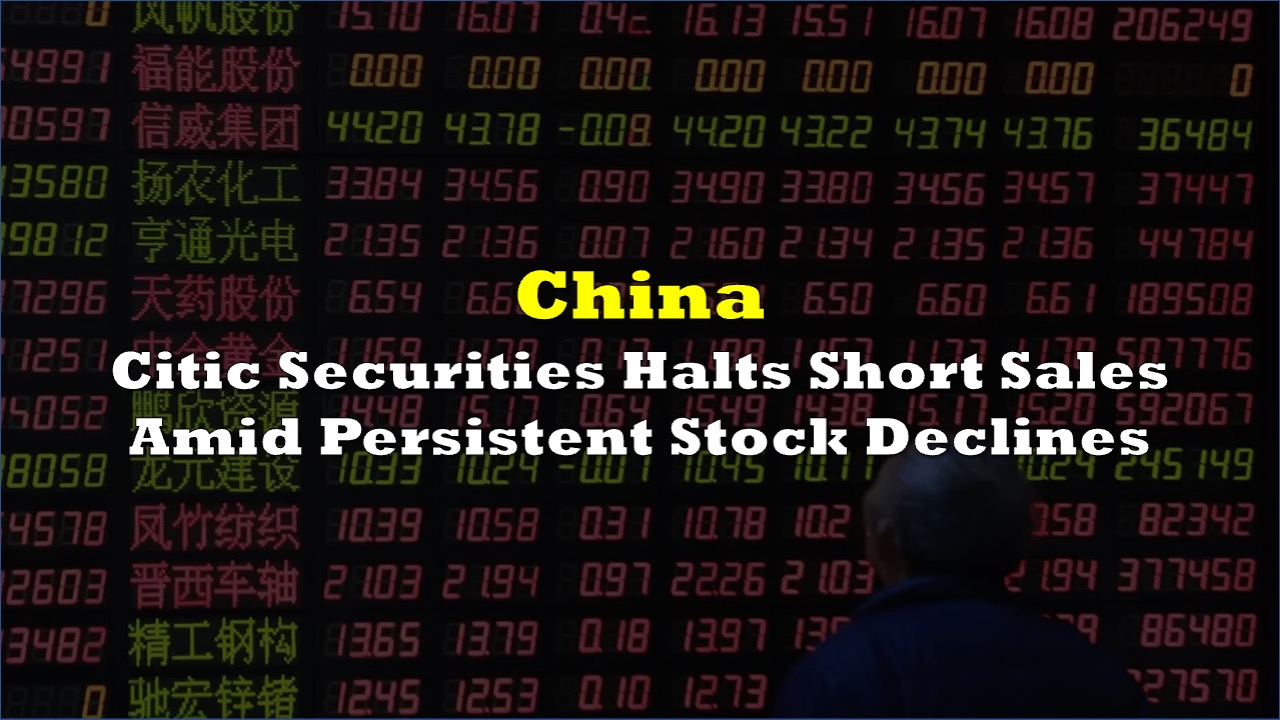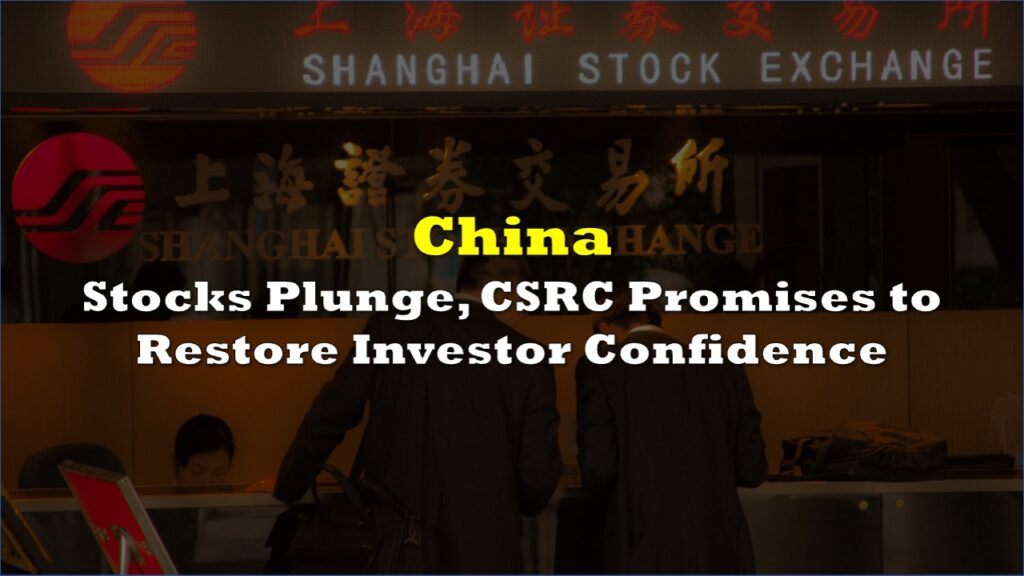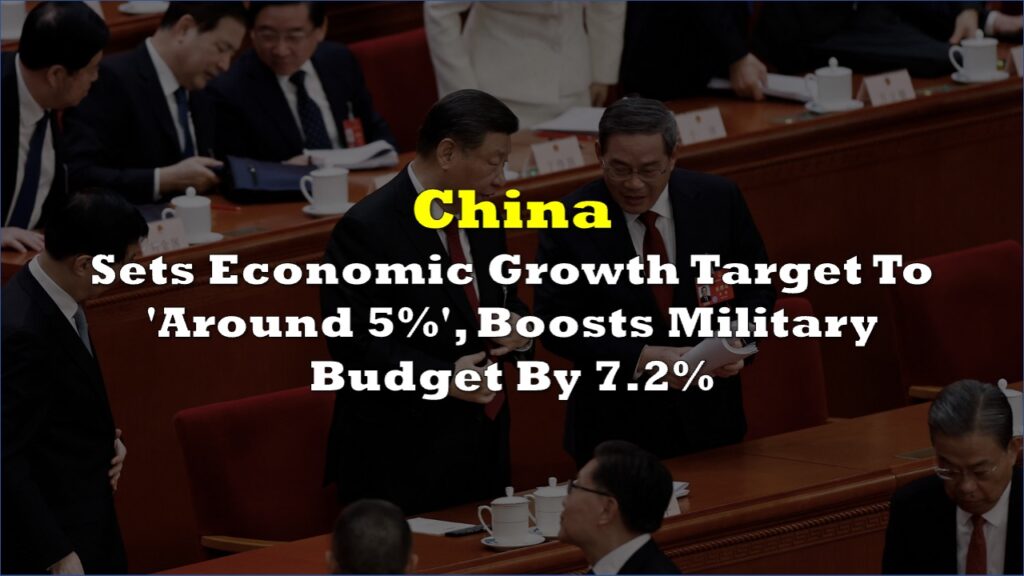China’s largest brokerage has reportedly imposed restrictions on short-selling for certain clients amidst substantial losses in the domestic stock markets, according to sources cited by Bloomberg.
State-owned asset manager, Citic Securities Co Ltd, also halted lending stocks to individual investors and raised requirements for institutional clients earlier this week in response to regulatory directives.
The move comes as Chinese shares continue to experience a persistent decline in 2024, following a challenging 2023. The Shanghai Composite Index is off to its worst start to a year since 2016, Bloomberg noted.
While the exact number of Chinese brokerages implementing restrictions on short sales remains unclear, Citic Securities’ actions suggest a broader effort by China to stabilize the market. Previous attempts, such as state-led purchases of bank shares, have failed to boost investor sentiment.
To support local stocks, Beijing is likely instructing its major state-owned brokerages, including Citic Securities, to purchase exchange-traded funds from the open market. However, Fitch’s recent downgrade of the ratings for China’s big four asset managers, coupled with limited government support expectations and a deteriorating property market, may constrain their capacity to sustain local markets.
Beijing has a history of limiting short-selling during periods of market volatility to prevent a downward spiral in stock prices. In October of the previous year, regulators tightened rules on short selling in an attempt to stop the declines. This recent move draws parallels from the stock boom and bust cycle in 2015, where China restricted short selling to eliminate day traders, but the market continued its decline in the subsequent months.
Despite attempts to intervene, the CSI 300 index fell 0.15%, inching closer to a five-year low, while the Shanghai Composite dropped 0.47%. Hong Kong’s Hang Seng index was down 0.54%.
Information for this story was found via Bloomberg, and the sources and companies mentioned. The author has no securities or affiliations related to the organizations discussed. Not a recommendation to buy or sell. Always do additional research and consult a professional before purchasing a security. The author holds no licenses.








